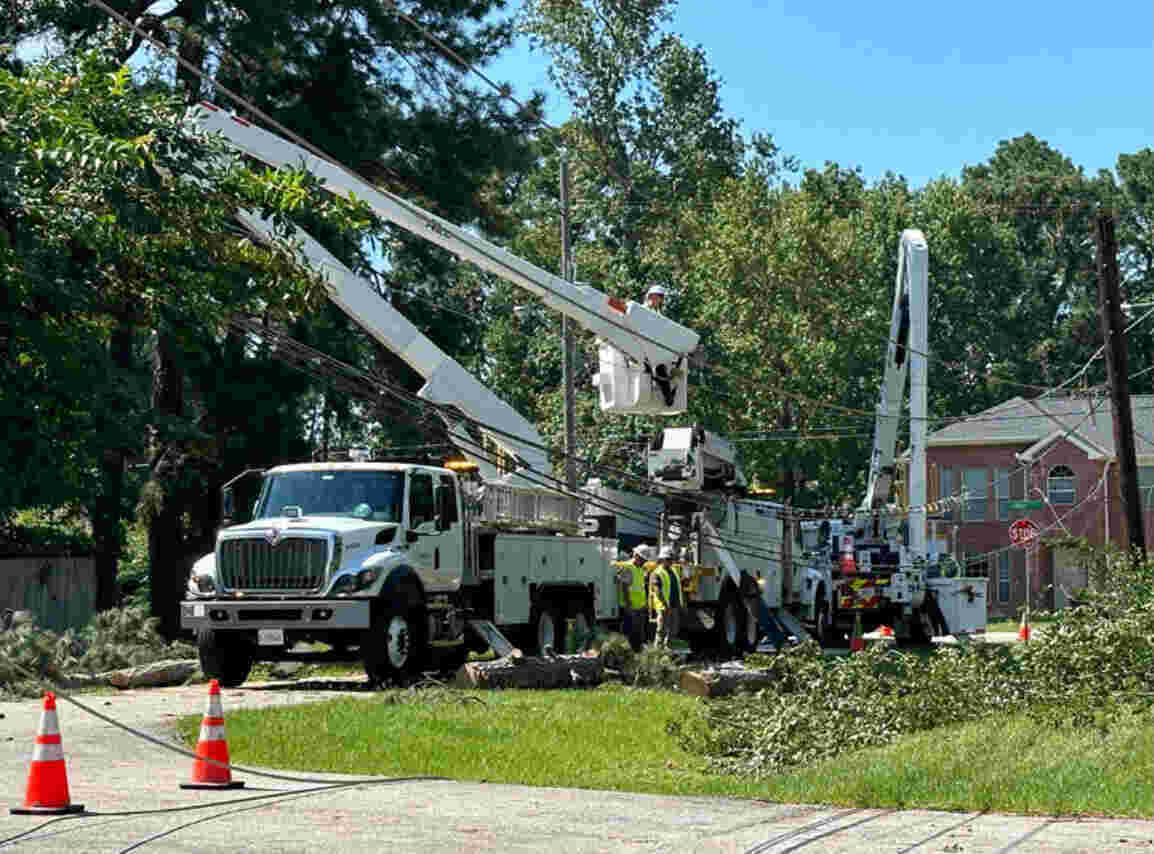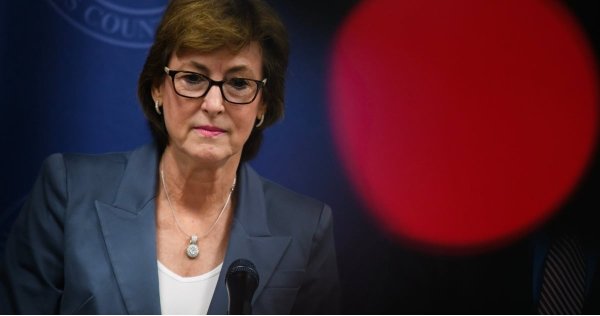Hurricane Beryl has prompted residents of Houston to file a $100 million class-action lawsuit against CenterPoint Energy due to extensive power outages. This legal action, initiated by a law firm that includes Michael Fertitta, son of Houston Rockets owner Tilman Fertitta, is the second class-action suit lodged against CenterPoint this week, following a lawsuit brought by a group of restaurants affected by prolonged outages.
The lawsuits were prompted by the aftermath of Hurricane Beryl, which struck Houston on July 8, leaving many without power for over a week. Plaintiffs include local residents like Delmy Flores, Erin Greaney, and Peter Hawn, who reported losing electricity for at least 48 hours, resulting in lost wages and spoiled food. At the storm's peak, over 2.2 million customers—about 80% of CenterPoint's service area—were without power, and significant numbers remained affected long after the hurricane had passed.
The lawsuits, spearheaded by prominent attorney Tony Buzbee on behalf of Berg Hospitality Group, and Michael Fertitta’s law firm, accuse CenterPoint of negligence in maintaining infrastructure, preparing for the hurricane, and restoring power. The legal documents assert that if the utility failed to manage power restoration effectively during a Category 1 hurricane, the implications of its mismanagement in a more severe hurricane are alarming.
While CenterPoint has opted not to comment on the pending litigation, the company has faced increased scrutiny from local and state officials in the wake of the storm. The Public Utility Commission of Texas has begun investigating the utility’s storm preparedness and response, and a Texas Senate committee has been established to address these concerns.
In a separate lawsuit, a Houston man, Carlos Ruvalcaba, suffered severe injuries from a fallen power line following the hurricane. He is seeking over $1 million in damages, alleging that CenterPoint’s negligence in inspecting and maintaining power lines and vegetation caused his injuries.
Both class-action suits claim that CenterPoint, characterized as a profitable monopoly, has misled customers and neglected its responsibilities, particularly regarding communication during outages. The attorneys noted that during the storm, residents were compelled to use the Whataburger app for outage updates after CenterPoint’s own outage map failed to provide accurate information. Furthermore, the absence of this map had been a point of contention following a previous storm in May.
Buzbee's suit for the restaurant group highlights the frustration of those affected, arguing that while CenterPoint is quick to disconnect customers for nonpayment, the utility does not shoulder accountability for its service failures, attributing its shortcomings to weather conditions. The legal actions reflect a growing dissatisfaction among Houston residents with how CenterPoint has handled the crisis following Hurricane Beryl.
Houston residents file $100 million class-action petition against CenterPoint over prolonged Hurricane Beryl power outages
The lawsuit, filed by a firm that includes the son of Houston Rockets owner Tilman Fertitta, is the second class-action petition filed this week against CenterPoint. A group of restaurants impacted by extended power outages also filed suit.


